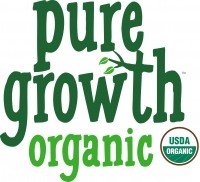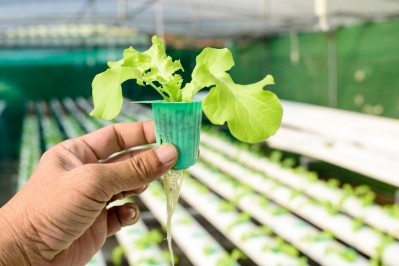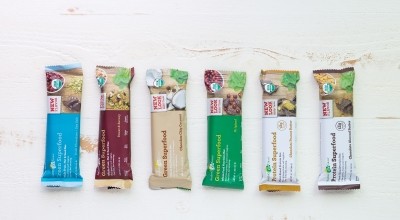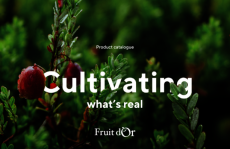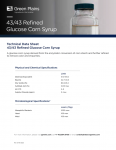Company's president Sabrina Peterson: Hydroponics would create a larger supply of organic ingredients, which, in turn, would lower the cost and make organic more accessible.
Pure Growth Organic’s president supports hydroponics
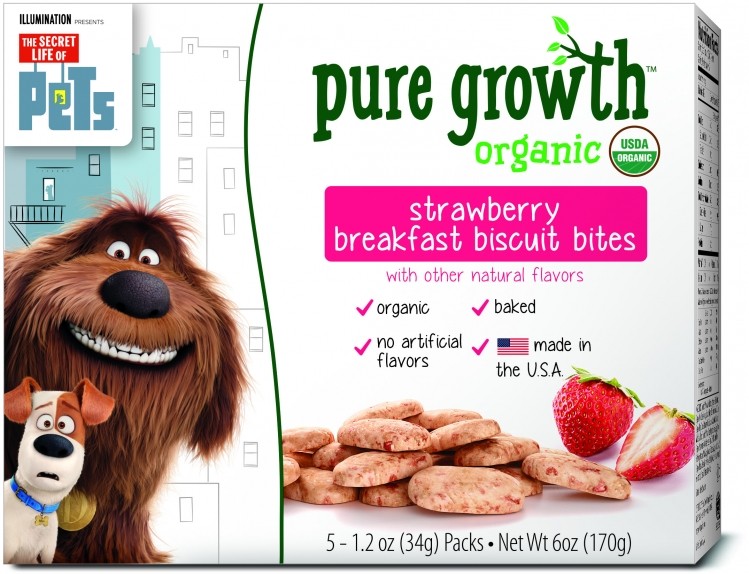
As long as the process yields the same organic qualities of typical organic ingredients, are held to the same nutritional standards and allows organic ingredients to be more prevalent and widely available, she added.
Hydroponically grown foods, a water-based model of cultivation, have caused controversy among the US public, as the National Organic Standards Board (NOSB) again pushed back the date in deciding whether those produce can continue to be certified as organic.
All things considered
Some organic farmers have reportedly said no because the organic label should be rooted in soil, according to a recent piece published on NPR’s All Things Considered.
"The decision at stake for the $40 billion-a-year industry will have impacts that reach from small farms to global corporations,” said the report.
“I understand there is a lot of controversy here lately, and I think both parts truly make good points,” Peterson said.
“[Hydroponics] would create a larger supply of organic ingredients, which would in turn lower the cost and make organic more accessible. It could also create a plethora of new jobs among farmers who may not necessarily have access to the land to grow organic.”
Organic going mainstream
By the numbers, only 5% of US food sales are organic, and of that, only 4% is organic snacks, Peterson pointed out.
“We’re trying to help increase the number of people who are able to feed their families with snacks that are free of artificial preservatives, chemicals and GMOs,” she said. “More retailers and suppliers are trying to help bridge this gap by making products readily available and more affordable.”
All Pure Growth Organic’s products in its snack line, including sweet and salty snacks, are USDA Organic Certified, according to the company. There are a few that are 99% organic because some ingredients cannot be certified organic, but all are approved by the USDA.
The company uses a variety of certifying agents, including Quality Assurance International, Oregon Tilth and Natural Food Certifiers, said Peterson.
“I think organic is very much going mainstream, but still has a way to go,” she added.
Pricing makes purchasing difficult
Currently, less than 10% of Americans regularly purchase organic food, though 91% of them say they would if pricing were less of an issue, Peterson said.
“We understand price is an issue in organic and we aim to eliminate that decision by pricing at parity best we can,” she explained. “In the meantime, we hope we’re able to help consumers understand the benefits but that takes time.”
The other challenge facing organic businesses is that most consumers believe organic means less delicious, more expensive and esoteric ingredient panels. Part of this misconception, Peterson thought, was attributed to accessibility.
“Until recently, organic product offerings were limited to higher-end specialty and natural food stores that cater to a limited subset of people - both financially and geographically. I think a handful of mass retailers, such as Walmart, Target, Kroger, COSTCO, etc., have done a phenomenal job of democratizing organic offerings and making them more mainstream and readily available.”
On the other hand, launching in mass retail enabled Pure Growth Organic to buy ingredients at scale, "which forced us to use readily available organic ingredients and secure the supply chain early on. This makes organic labeling less of a challenge,” Peterson added.
The organic snack company stocked its first SKUs at Walmart in late February this year, and finished its roll out around mid-July. It also has some new snacks in the development pipeline, according to Peterson.
“I literally can’t stop eating to the point my colleagues started hiding the samples from me,” she said.
